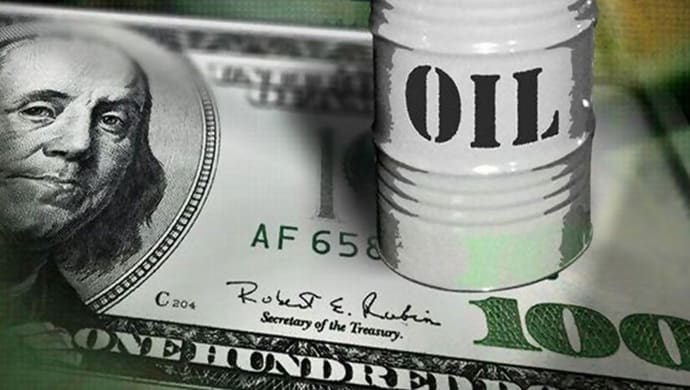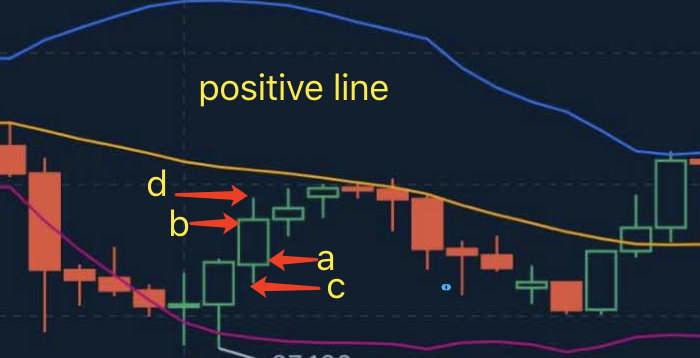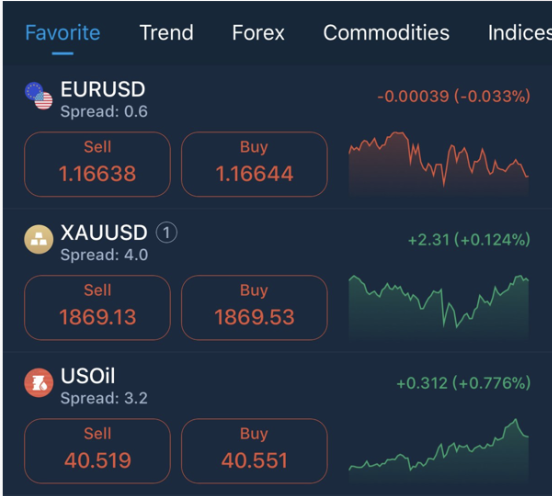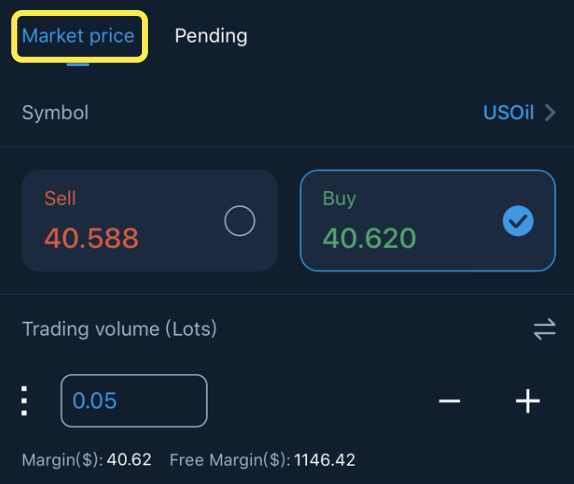
Don't underestimate a barrel of crude oil, it is the starting point for the U. S. to control the global economy.
2021-07-05The United States plays an important role in the global economy today, mainly because of its early control of global crude oil supply. One of the main reasons why the US dollar has become the world's reserve currency is that it has dominated the global crude oil trade after the end of World War II. The key is a barrel of oil.
The U.S. economy has long relied on the two pillars of oil and the U.S. dollar. Through its super-strong military power, nearly 70% of the world's oil resources and major oil transportation channels have been placed under its direct influence and control. Why is crude oil so important, and how does it allow major powers to continue to dominate the global economy?
On the condition of protecting Saudi Arabia, the petrodollar was born
The United States is the biggest beneficiary of World War II. One of the important milestones was the establishment of a U.S.-led trade system and the establishment of the U.S. dollar as the unit of world trade settlement. And linked with gold, in order to achieve the purpose of global settlement in US dollars.
In 1971, the Bretton Woods system collapsed and the U.S. dollar was decoupled from gold. In order for the world to continue to rely on the US dollar, the United States must find something to replace gold, so it started with the idea ofoil. The United States made the condition of protecting Saudi Arabia, and Saudi Arabia promised to exchange oil exports in U.S. dollars, and the two sides secretly reached an agreement. As the leading Sunni in the Muslim world of the Middle East, Saudi Arabia has a huge influence. It has allowed other oil-producing countries to use the U.S. dollar as the unit of oil currency settlement. This transaction establishes the status of petrodollars and does not allow any country to interfere.
The United States invaded Iraq in 2003. The British "Independent" economic reporter Robert Fisk analyzed in an article in October 2009 that the Saddam regime in Iraq was attacked by the US military, except for his invasion of Kuwait and openly grabbing oil. The underlying reason is Saddam challenged the petro-dollar system and tried to establish a "conspiracy" using the euro as the pricing system.
OPEC and U.S. crude oil dispute
At the same time as the rise of the United States, officials from Kuwait, Iran, Iraq, Saudi Arabia, and Venezuela met in Baghdad in 1960 to discuss how to deal with price cuts imposed by international oil companies. They agreed to form the Organization of Petroleum Exporting Countries (OPEC) in order to reduce competition among countries and control prices. Over the next 20 years, OPEC expanded and absorbed Qatar, Indonesia, Libya, the United Arab Emirates, Algeria, Nigeria, Ecuador and Gabon.
On the other hand, technological progress in recent years has promoted the increase in U.S. shale oil production, weakened OPEC's influence, and led to a decline in oil prices-from US$114.84 per barrel in June 2014 to less than US$28.47 in January 2016.
U.S. oil reserves surpass Saudi Arabia
In 2016, the “Financial Times” reported that the world’s leading oil and gas consulting firm Rystad Energy surveyed that the United States had 264 billion barrels of recoverable oil reserves, surpassing Saudi Arabia’s 212 billion barrels and Russia’s 256 billion barrels for the first time in history. Global oil reserves are 2.1 trillion barrels, which is 70 times the current 30 billion barrels/year oil production.
In the same year, when the Trump administration came to power, it coincided with the world's energy and economic transformation. The price of world crude oil has dropped from about 140 US dollars a barrel a few years ago to nearly 30 US dollars a barrel. According to expert analysis, there is still room for oil prices to continue to decline.
In this context, Trump's new strategy for the Middle East is characterized by a total denial of the contact and acceptance policy of former US President Obama in the face of Iran, and has turned to unite allies to suppress and contain Iran in an all-round way.
Some analysts believe that for the United States, it has huge crude oil reserves and resources, especially with the exploitation of shale oil. Some analysts believe that in 2016 it has become the world's largest oil reserves. Blocking Iranian oil can stimulate the development of the US oil industry and force oil-importing countries to buy higher-priced US crude oil.
 English
English
 简体中文
简体中文
 Tiếng Việt
Tiếng Việt
 Malay
Malay
 Indonesia
Indonesia
 Deutsch
Deutsch
 Français
Français
 Español
Español
 Italiano
Italiano


